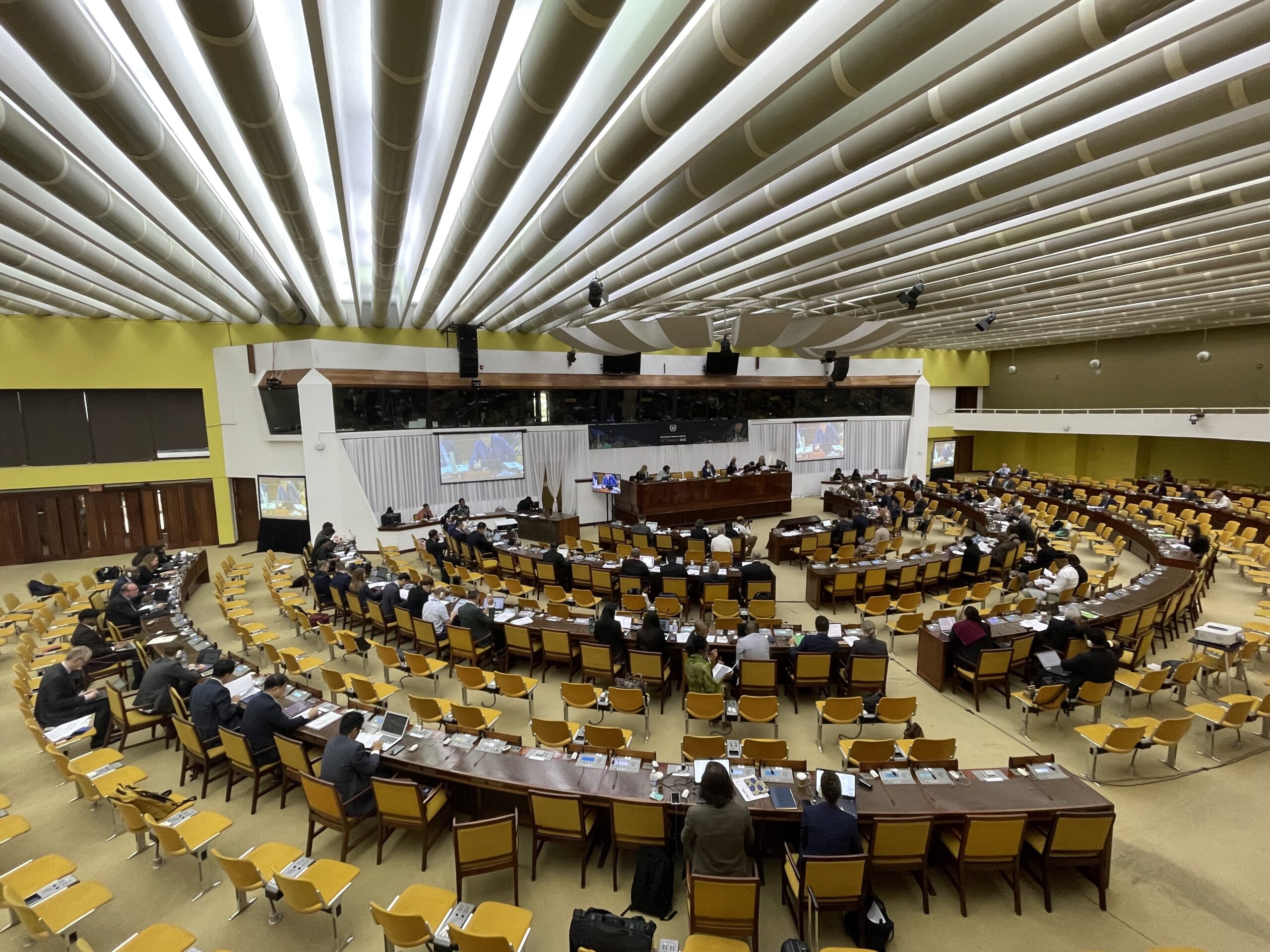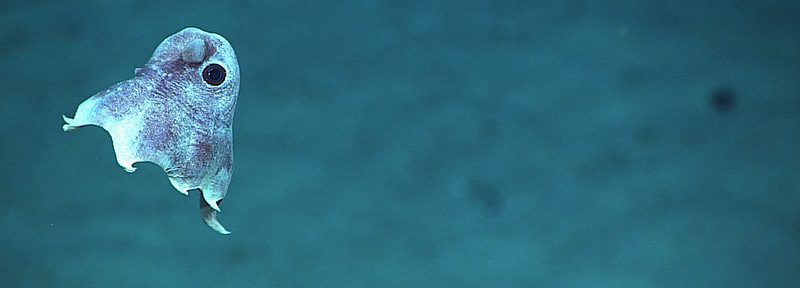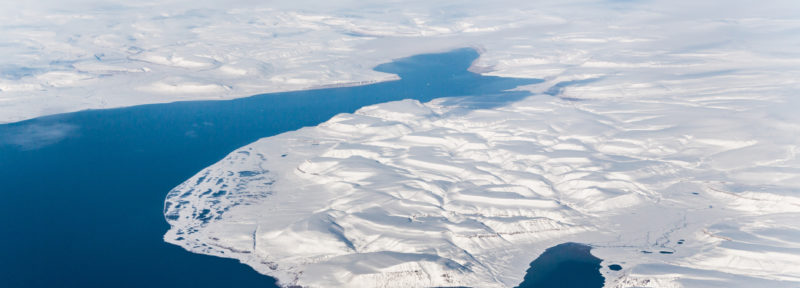The World’s Not Ready for Deep-Sea Mining
The view inside the ISA meeting room in Kingston, Jamaica.
Crédit : Nicole Zanesco
At the negotiations of the International Seabed Authority (ISA) last month, Sol Kaho‘ohalahala, a seventh generation Lāna‘ian, stood before the delegates that had gathered in a conference room in Kingston, Jamaica to continue negotiating regulations for a new and potentially devastating marine industry: deep-sea mining.
The deep sea is a critical part of many Indigenous cultures. For Sol, it’s an intrinsic part of his history, his genealogy, and his identity. In many Pacific cultures, a coral polyp is the origin of life, the first organism created, and thus life has extended from the deep sea to the rest of the world.
Sol told the delegates that no one has asked his people for permission for exploration, test mining, or future commercial mining in their region, and that communities across the Pacific have not given their consent. That means the ISA and member states have not done their due diligence to ensure the communities most impacted by climate change—and potentially by this industry—are included and consulted.
Sol’s testimony exposed yet another flaw in a process that has been plagued by them. The ISA is rushing ahead to develop deep-sea mining regulations, and mining could be approved as soon as this July. If mining does go ahead in the international waters that make up 50 percent of the planet, the ISA could potentially oversee one of the world’s largest industries—an industry that would undoubtedly have a huge impact on both our ocean and those whose cultures and livelihoods depend on it. However, the most recent negotiations highlighted once again how ill-prepared we are to understand or manage those impacts, and how divided countries still are on how to proceed.
To understand how we got here, we need to take a closer look at the ISA itself. The International Seabed Authority, which started after the United Nations Convention on the Law of the Sea (UNCLOS) was finalized in 1994, is tasked with governing the international seabed—known to insiders simply as “the Area”—for “the benefit of all humankind.” A balance was struck in the agreement between future resource extraction of minerals from the Area and the effective protection of the marine environment.
According to international law, any mining operations must also ensure the effective protection of the marine environment. To this end, the ISA is responsible for negotiating regulations, standards, and guidelines for the management of resources in the Area. Over the years, countries have developed regulations around mineral exploration, but not for full-on mining.
However, in 2021, the Republic of Nauru triggered the “Two-Year Rule,” a clause that allows a state to fast-track the development of regulations over two years. At the end of this time, state-sponsored companies can submit plans of work for mineral exploitation. The clause was intended for a situation where the regulations were completed but one or two states were blocking their adoption. Instead—in the middle of the Covid-19 pandemic, when the ISA was not meeting in person—the Two-Year Rule was triggered and states were put in an impossible position. In July 2023, the deadline will come and go without states having finished the regulations, despite good-faith efforts to do so.
It’s critical that deep-sea mining does not start without them. As the negotiations continue, states, civil society, scientists, Indigenous groups, and companies are calling for a moratorium on deep sea mining. The ocean is already overburdened by poorly regulated industry, climate change, and pollution, and we are facing declining fish stocks, droughts, and volatile weather patterns. Moreover, the deep sea is the world’s least-understood ecosystem—but what we do know is it is an essential component of ocean health and provides unique ecosystem services, damages to which cannot be mitigated or offset.
We cannot afford to green-light a massive new industry without understanding the consequences or how to manage them. Much of the focus is currently on the Clarion-Clipperton Zone in the Pacific, which was the first region to undergo test mining and will be the first area exploited if deep-sea mining goes ahead. However, there are ISA contract areas in the entire ocean. An industry this enormous would be monumentally difficult to regulate, requiring a massive bureaucracy, a large and efficient independent inspectorate, and a huge amount of capital. This is not established in the current draft regulations and is something many states are resistant to. As it stands, deep sea mining could begin without any regulations, let alone a robust management mechanism. This industry could simply be too large, the risk of mismanagement severe, and for what? The social, cultural, and environmental costs will be far greater than the financial windfall.
When the ISA started, deep sea mining was a far-away industry with far-away repercussions. As we face the increasing impacts of climate change, biodiversity loss and pollution—as well as confront the legacies of imperialism and colonialism—it’s clear that the landscape has changed. If we’re going to meet the needs of communities and ecosystems around the world in the coming decades, international institutions will have to change, too, as will we.





